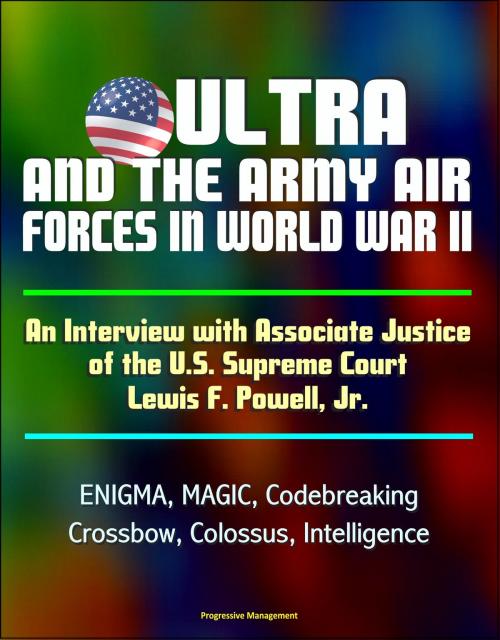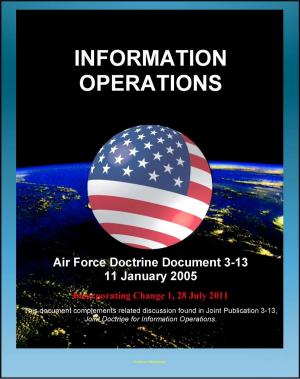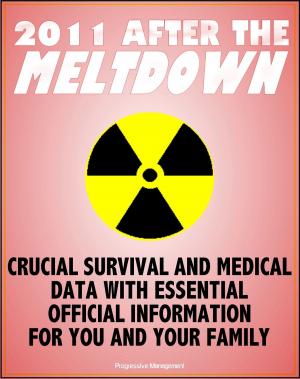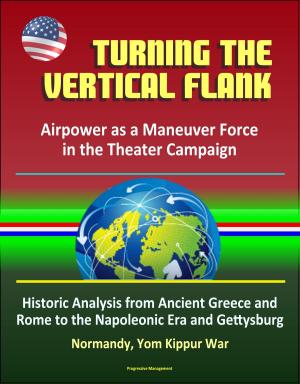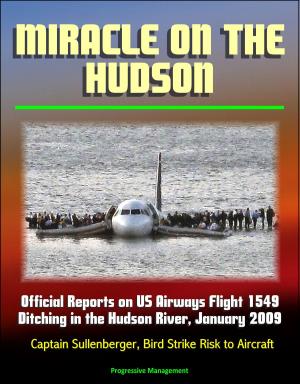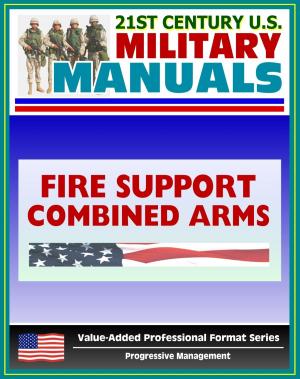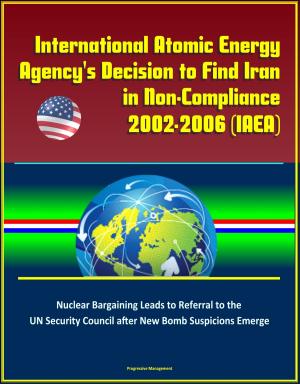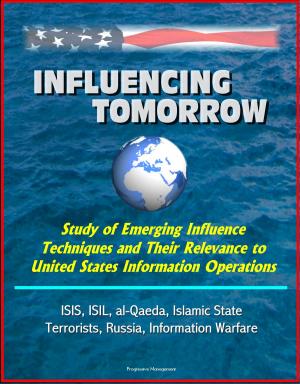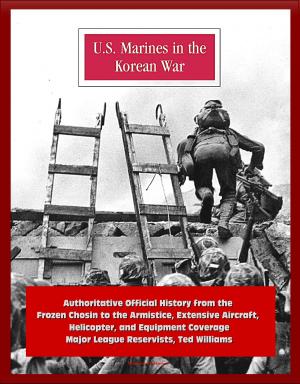ULTRA and the Army Air Forces in World War II: An Interview with Associate Justice of the U.S. Supreme Court Lewis F. Powell, Jr. - ENIGMA, MAGIC, Codebreaking, Crossbow, Colossus, Intelligence
Nonfiction, History, Military, Aviation, World War II| Author: | Progressive Management | ISBN: | 9781310934162 |
| Publisher: | Progressive Management | Publication: | September 24, 2014 |
| Imprint: | Smashwords Edition | Language: | English |
| Author: | Progressive Management |
| ISBN: | 9781310934162 |
| Publisher: | Progressive Management |
| Publication: | September 24, 2014 |
| Imprint: | Smashwords Edition |
| Language: | English |
ULTRA and the Army Air Forces in World War II is part of a continuing series of historical volumes produced by the Office of Air Force History in direct support of Project Warrior. Since its beginning, in 1982, Project Warrior has captured the imagination of Air Force people around the world and reawakened a keener appreciation of our fundamental purpose as a Service: to deter war, but to fight and win should deterrence fail.
This volume is the first in the Warrior series to focus on intelligence, the collected and interpreted information about adversaries, which is the basis of wise decisionmaking in war. While intelligence is important to all military operations, it is especially significant to air forces, for the targets we choose and the ability to reach and destroy them often determine whether the speed, flexibility, and power of the aerial weapon is used to its utmost capacity to affect the outcome of combat.
Associate Justice of the U.S. Supreme Court Lewis F. Powell, Jr., was one of a small group of people specially selected to accept and integrate ULTRA, the most secret signals intelligence from intercepted and decoded German military radio transmissions, with intelligence from all other sources. From May 1944 to the end of the war in Europe, he served as the ULTRA officer on General Carl Spaatz's United States Strategic Air Forces staff. Earlier, Colonel Powell had served as an intelligence officer with the 319th Bomb Group, the Twelfth Air Force, and the Northwest African Air Forces. He finished the war as Spaatz's Chief of Operational Intelligence in addition to carrying out his ULTRA duties. The Air Force is grateful to Justice Powell for his generosity in giving his time and recollections so that his experiences can be of benefit, through the medium of history, to the Service today and in the future.
During World War II, the Americans and British intercepted and read hundreds of thousands of their enemies' secret military and diplomatic messages transmitted by radio. ULTRA was the designation for the signals intelligence derived from the radio communications which the Germans encrypted on their high-grade cipher machine called ENIGMA. The British Government Code and Cipher School at Bletchley Park, England, deciphered, analyzed, and evaluated the intercepted ENIGMA communications, produced ULTRA intelligence, and transmitted ULTRA to operational headquarters. The payoff for intelligence was in battle. Only now in the 1980s is the influence of ULTRA on Allied strategy, tactics, and victory beginning to be widely acknowledged and understood.
The Germans knew their enemies were listening to their secret radio communications, but they were confident their messages were undecipherable. The ENIGMA machine so enciphered the messages that the Germans assumed the contents could be deciphered only by duplicate ENIGMAs set according to precise and frequently changed settings. ENIGMA had been sold commercially in the 1920s, but the Germans modified it for military use, making it more complex and secure. The German navy began using ENIGMA in 1926, the German army in 1928, and the German Air Force in 1935.
ULTRA and the Army Air Forces in World War II is part of a continuing series of historical volumes produced by the Office of Air Force History in direct support of Project Warrior. Since its beginning, in 1982, Project Warrior has captured the imagination of Air Force people around the world and reawakened a keener appreciation of our fundamental purpose as a Service: to deter war, but to fight and win should deterrence fail.
This volume is the first in the Warrior series to focus on intelligence, the collected and interpreted information about adversaries, which is the basis of wise decisionmaking in war. While intelligence is important to all military operations, it is especially significant to air forces, for the targets we choose and the ability to reach and destroy them often determine whether the speed, flexibility, and power of the aerial weapon is used to its utmost capacity to affect the outcome of combat.
Associate Justice of the U.S. Supreme Court Lewis F. Powell, Jr., was one of a small group of people specially selected to accept and integrate ULTRA, the most secret signals intelligence from intercepted and decoded German military radio transmissions, with intelligence from all other sources. From May 1944 to the end of the war in Europe, he served as the ULTRA officer on General Carl Spaatz's United States Strategic Air Forces staff. Earlier, Colonel Powell had served as an intelligence officer with the 319th Bomb Group, the Twelfth Air Force, and the Northwest African Air Forces. He finished the war as Spaatz's Chief of Operational Intelligence in addition to carrying out his ULTRA duties. The Air Force is grateful to Justice Powell for his generosity in giving his time and recollections so that his experiences can be of benefit, through the medium of history, to the Service today and in the future.
During World War II, the Americans and British intercepted and read hundreds of thousands of their enemies' secret military and diplomatic messages transmitted by radio. ULTRA was the designation for the signals intelligence derived from the radio communications which the Germans encrypted on their high-grade cipher machine called ENIGMA. The British Government Code and Cipher School at Bletchley Park, England, deciphered, analyzed, and evaluated the intercepted ENIGMA communications, produced ULTRA intelligence, and transmitted ULTRA to operational headquarters. The payoff for intelligence was in battle. Only now in the 1980s is the influence of ULTRA on Allied strategy, tactics, and victory beginning to be widely acknowledged and understood.
The Germans knew their enemies were listening to their secret radio communications, but they were confident their messages were undecipherable. The ENIGMA machine so enciphered the messages that the Germans assumed the contents could be deciphered only by duplicate ENIGMAs set according to precise and frequently changed settings. ENIGMA had been sold commercially in the 1920s, but the Germans modified it for military use, making it more complex and secure. The German navy began using ENIGMA in 1926, the German army in 1928, and the German Air Force in 1935.
